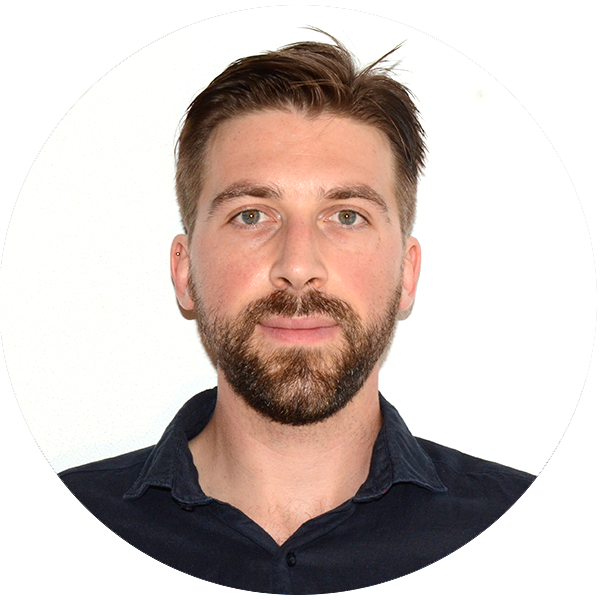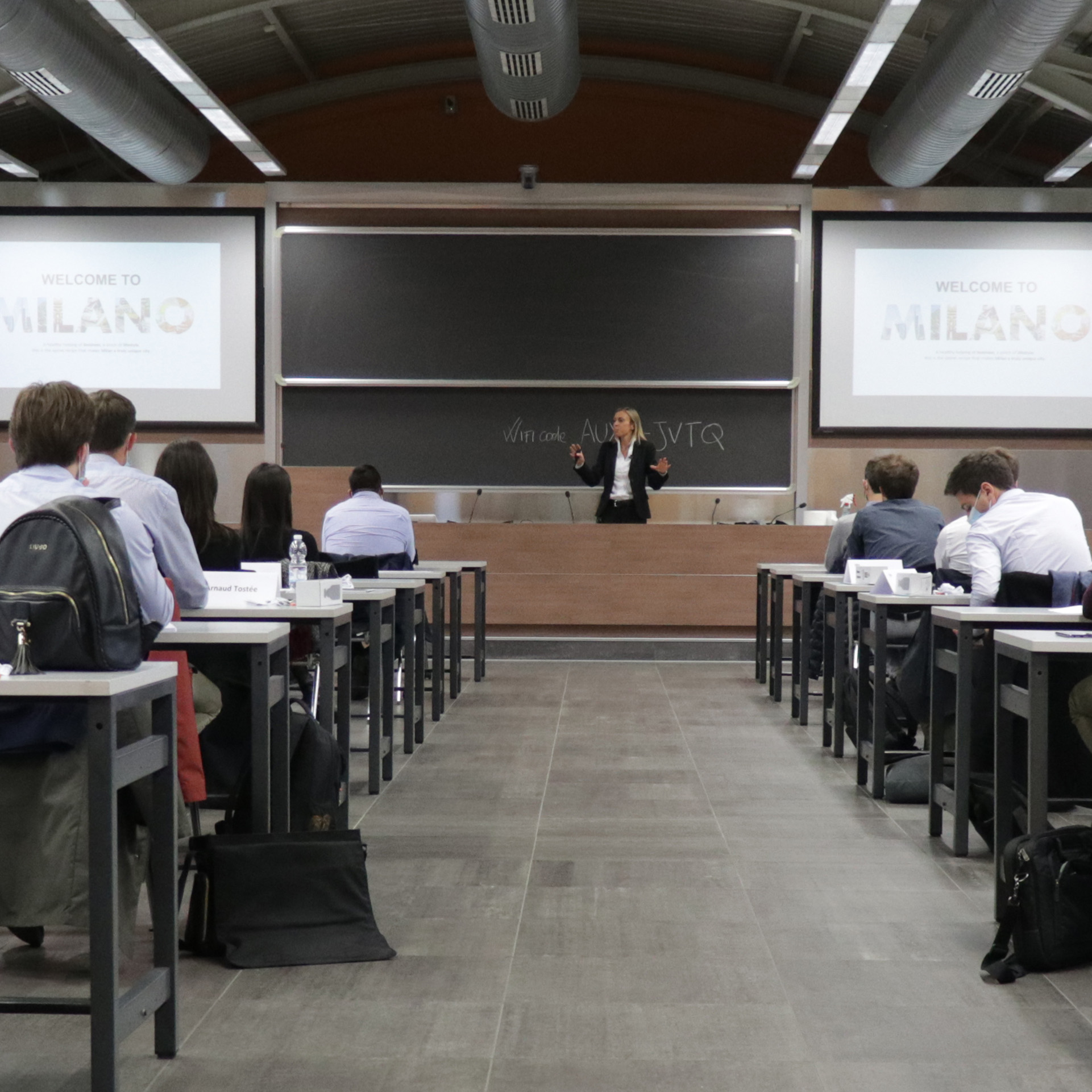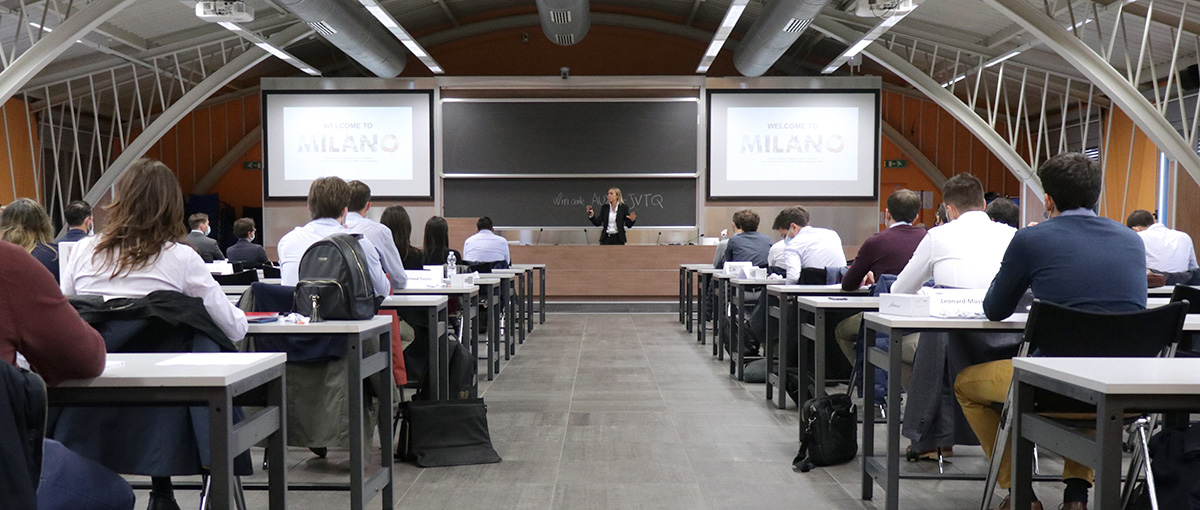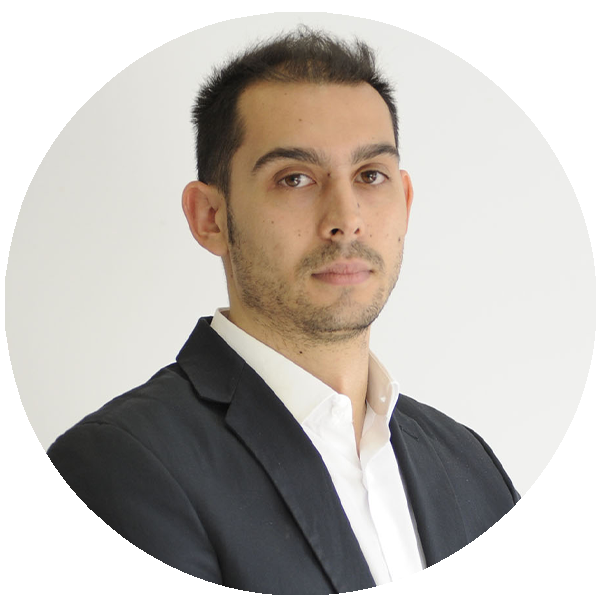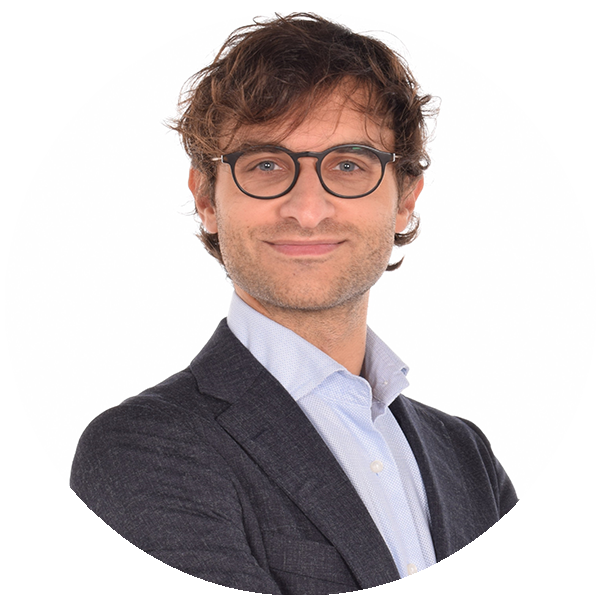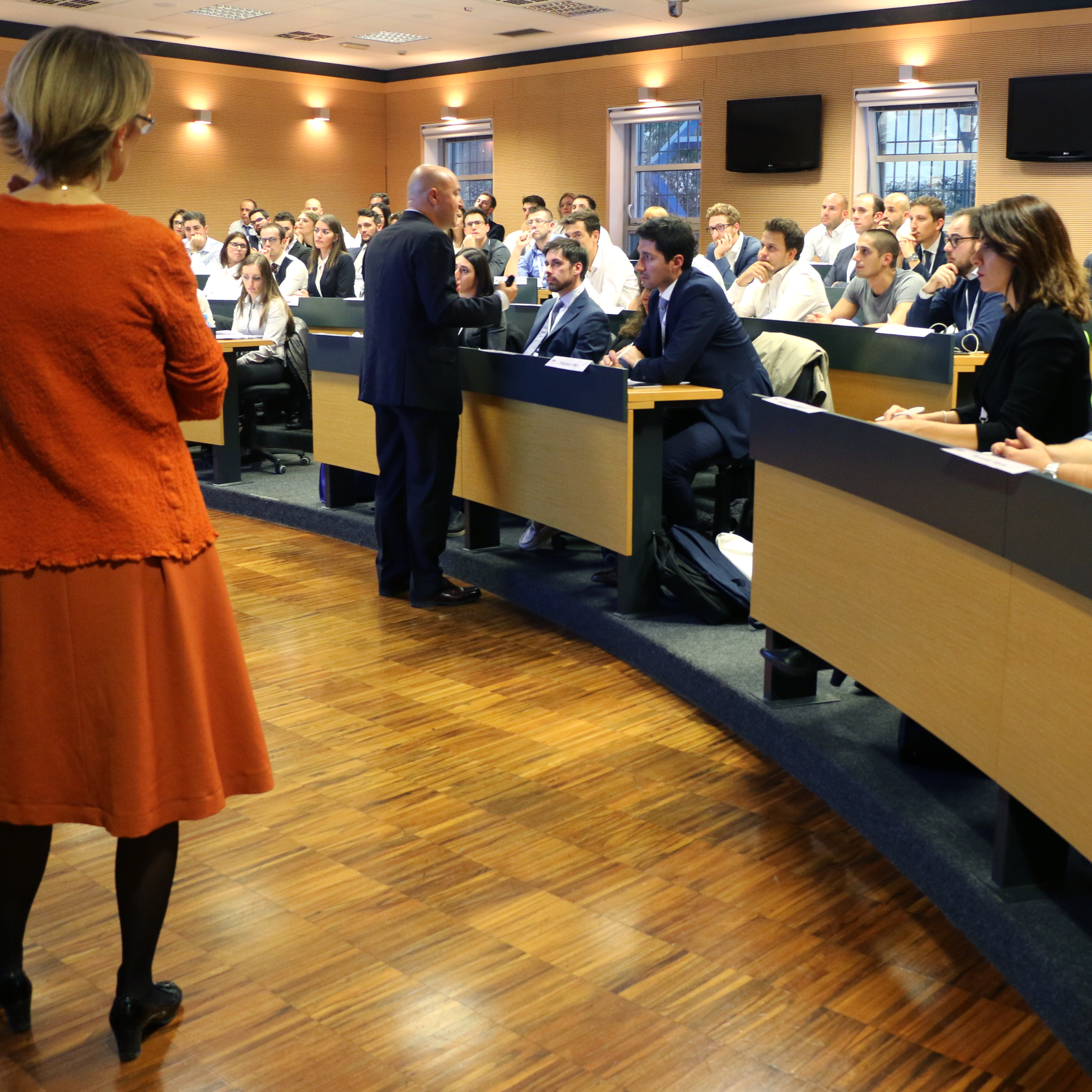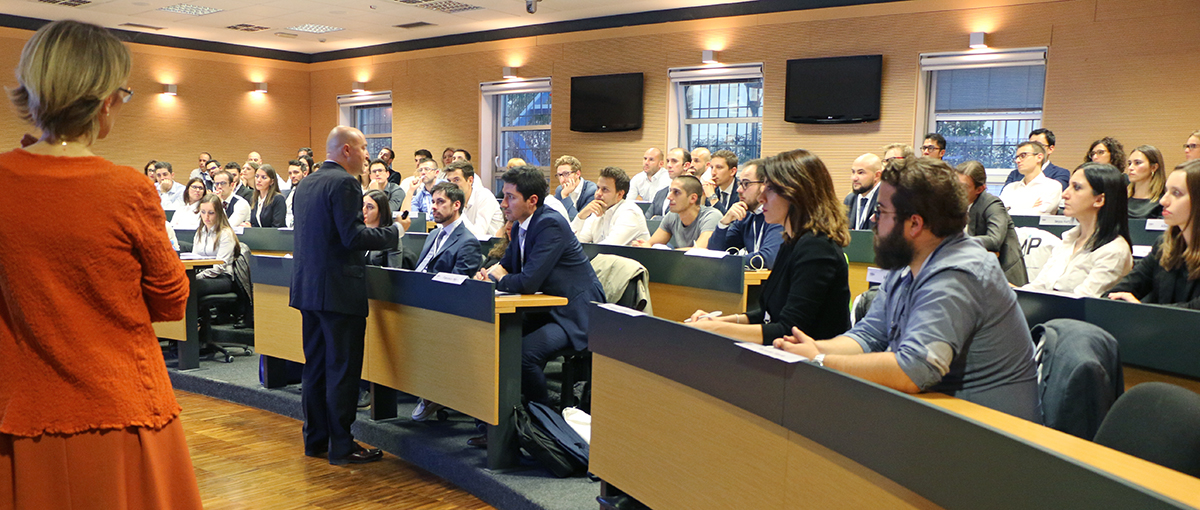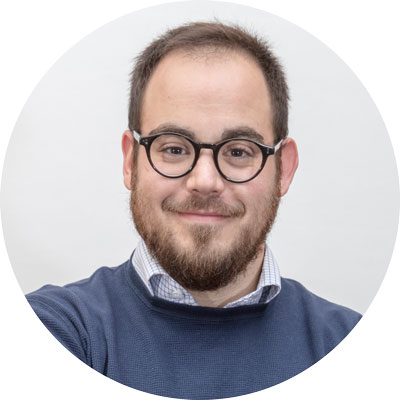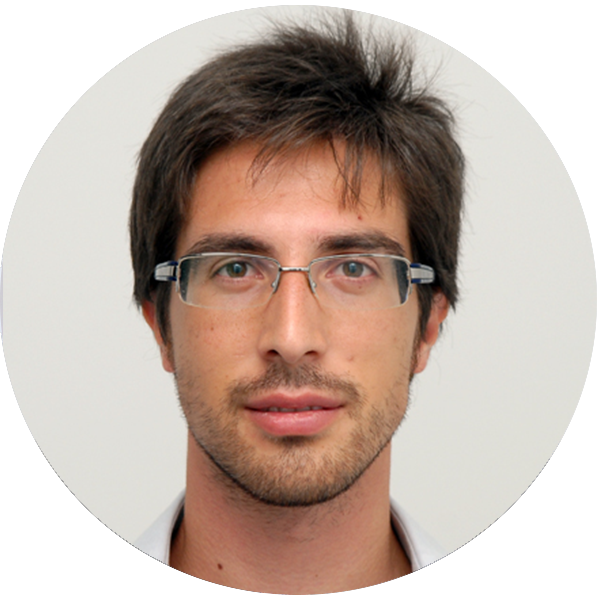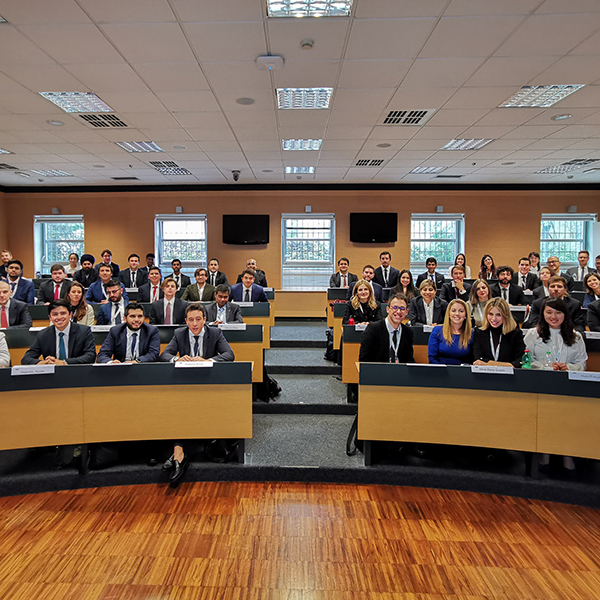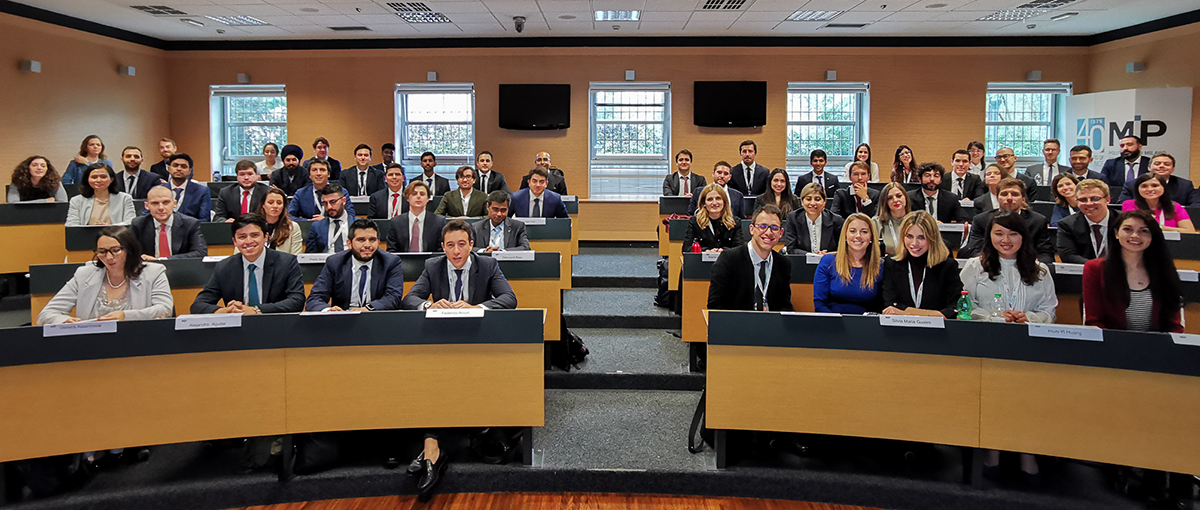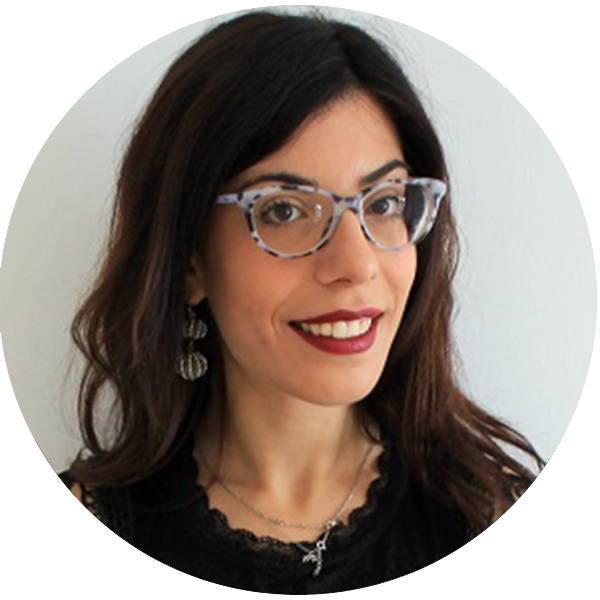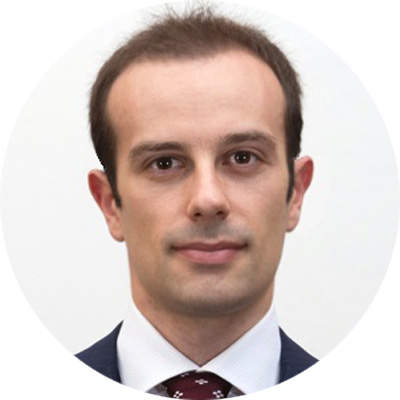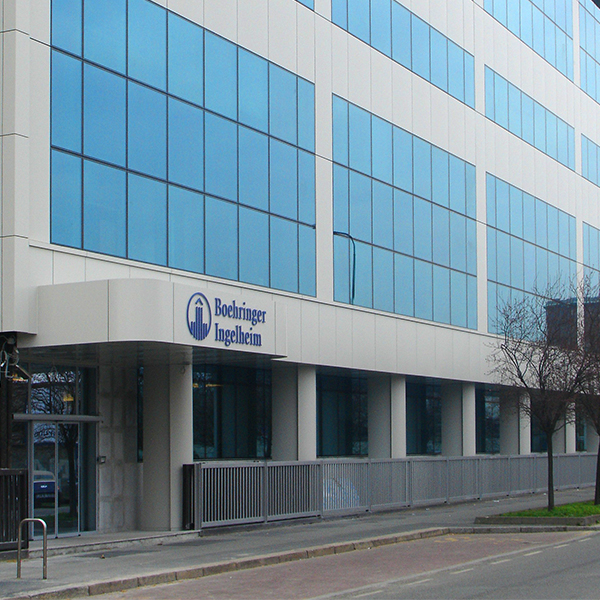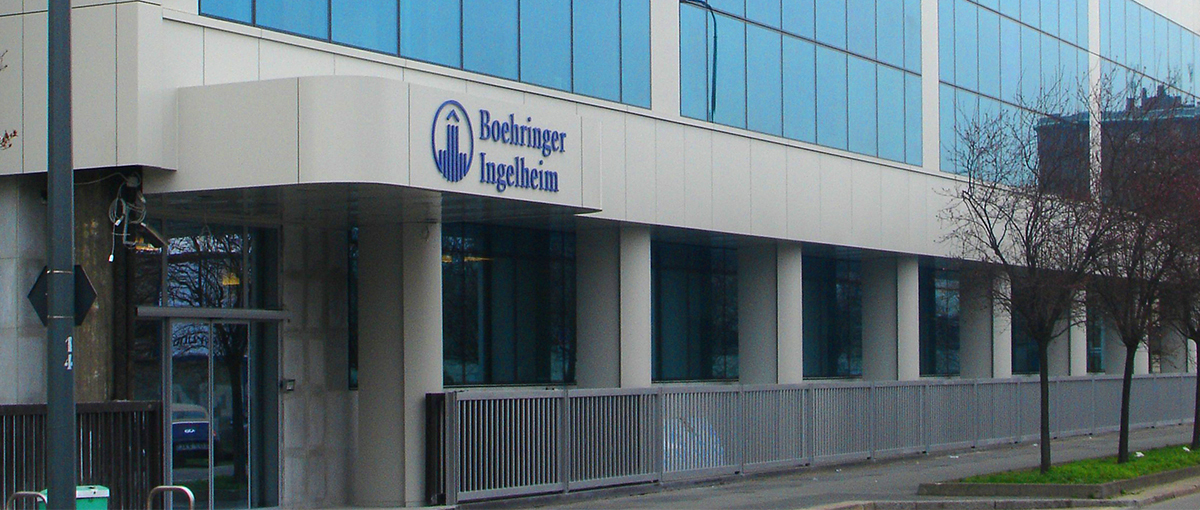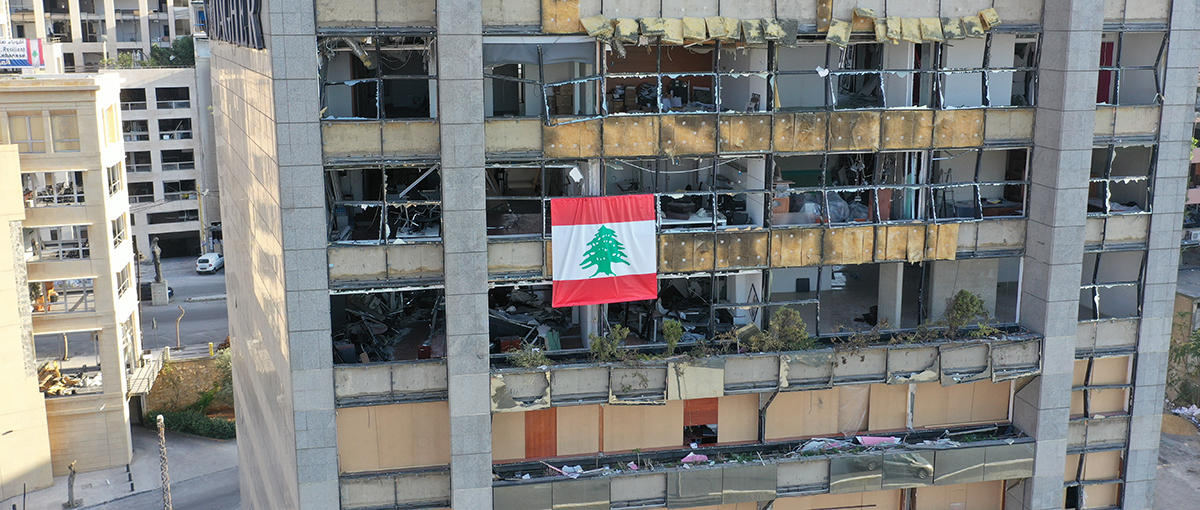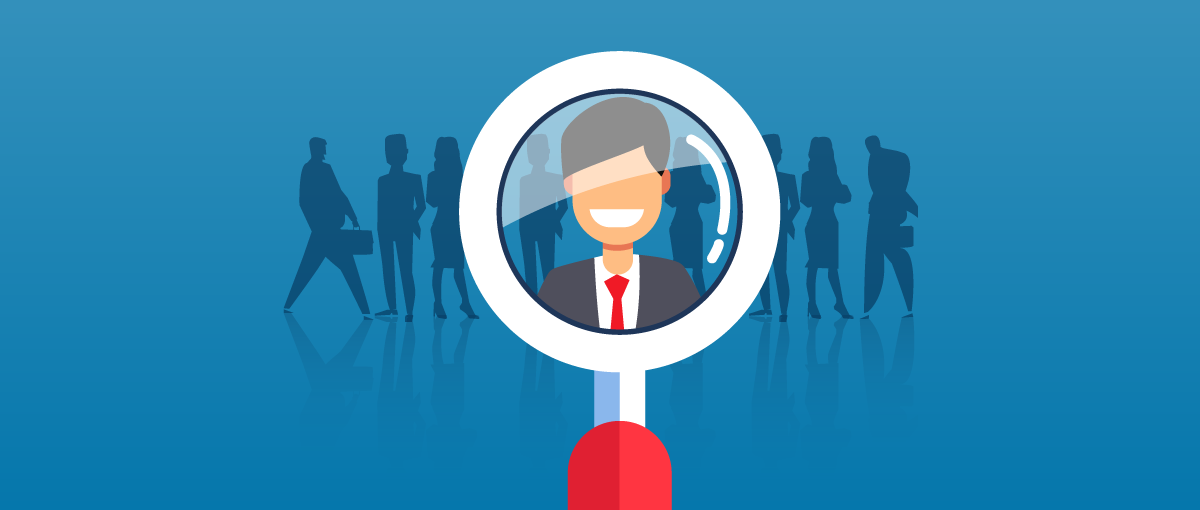
Fermenting brains multiplies the results of the efforts: this is the most surprising of my many expectations of the International Part-Time MBA program.Despite the many challenges brought by today’s disrupted normality, in the midst of the Covid-19 pandemic, my colleagues and I continue to work hard. Our class was shaped by MIP from among the many applications, choosing who could bring forth proactivity and the ability to innovate with curiosity: this attitude is decisive to carry on building the future and setting ambitious targets. To carve out the space for self-realization and professional fulfilment. To create a fertile environment for ideas.
We have each other. We are neither shy nor jealous of what pops into our minds because we know we can find active support or advice from our colleagues. We have established a positive atmosphere where we know that a thought or a comment shared is not intended to be a personal showcase, but rather an occasion to share understandings or knowledge.
The team-building activities during the first ice-breaking International Week at EADA Business School set the foundations for this positive mindset. We empowered engagement during our monthly face-to-face appointments at MIP and at the many networking events: the opportunities to gather and to cooperate, analysing and finding solutions to the business cases are a great chance to appreciate each other’s most distinctive traits and work together to achieve quality outcomes.
We have established a great environment, a fertile soil where ideas can be nurtured and grow organically and sustainably. Raw concepts get shaped through suggestions, observations and comments. This cross-contamination occurs in multiple audiences, thanks also to the team-swapping during the entire duration of the course, where everybody can experience the potentiality that lies in diversity.
Contamination is nurtured by diversity: the class’s variety of backgrounds in terms of culture, education and professional experience could be perceived as an obstacle but it is, in fact, an opportunity for growth. A mix of STEM and humanities graduates, employed in very different industries internationally, coming from the Far East to South America, could have created a tinderbox but instead, becomes a trigger for development.
After 12 months on our International Part-Time MBA path, we are starting on the Project Works. This fertile environment and these great synergies have led us to burst with potential business ideas, which are currently being developed. Most of these projects came about exactly as explained, from an informal chat which gained momentum and group-wide contributions.
Naturally proactive mindsets transform diversity into opportunities to capture an unexpected point of view and broaden the horizon to more suitable implementations. Whoever agrees to play the game stresses the ability to generate links and shifts his or her perspective and propensity to change.
Our professors tirelessly push us to focus on innovation and a propensity towards transformation. In our groups, we experience essential training in open-mindedness and creative thinking, entailing an enrichment of the shared background of our experiences.
Lastly, mutual esteem is the key to steering people who aim to do their best into a positive and cooperative environment. We are keen to improve our ability to work in teams, and we learn leadership while we find the best time to embody the role of the promoter or to step back and leave the scene to whomever is more capable of being an effective driving force.
At the very beginning, it was difficult to understand the real reason why the Career Development Office was focusing on the essential role of soft skills for achieving success in our career strategy. From my perspective, it was the technical skills which were the key to success, but I can now appreciate the change of perspective that has been generated in my propensity to openness.
We are unconsciously learning how to think agilely, in an entertaining way that improves our personal attitude towards both our knowledge and the unknown leveraging of the relationships we are building with a group of talented peers.
About the author
|
|
Fabrizio Liponi
My name is Fabrizio and I work as a tunnel engineer in the construction of Underground Line 4 of Milan. Born, raised, studied, living and working in Milan: I love my city and I’m proud to take part in building its future. Travel addicted, I love to meet people and different cultures. |

